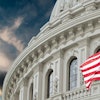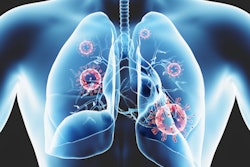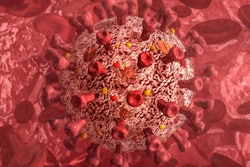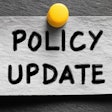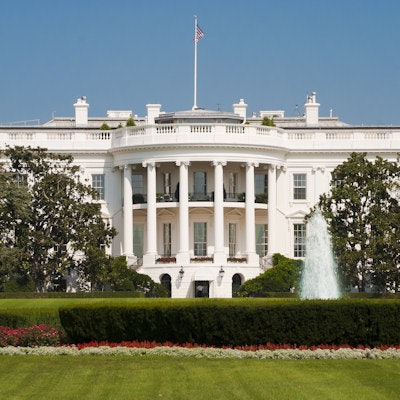
White House COVID-19 advisor Dr. Scott Atlas said on Friday that there is "zero reason to panic" about the positive COVID-19 diagnosis received by President Donald Trump.
In a tweet sent early in the morning on October 2, Trump disclosed that both he and First Lady Melania Trump had tested positive for infection with the novel coronavirus. Trump said both he and his wife were in quarantine following the diagnosis.
Tonight, @FLOTUS and I tested positive for COVID-19. We will begin our quarantine and recovery process immediately. We will get through this TOGETHER!
— Donald J. Trump (@realDonaldTrump) October 2, 2020
In an article published October 2 on FoxNews.com, Atlas said there is "zero reason to panic" about Trump's diagnosis. Atlas noted that Trump is in good health and that he believed that Trump and the first lady would make a full recovery.
Atlas told Fox News that the president's positive test results "change nothing" about what's known about the novel coronavirus. SARS-CoV-2 is a highly contagious virus, but cases are very mild or asymptomatic for the vast majority of people, especially those who are healthy. Atlas advised people to follow well-known practices to avoid infection, such as hand washing, social distancing, and wearing masks, especially in tight spaces.
"There is zero reason to panic," Atlas told Fox News. "There is nothing different here. The president and his wife are human beings."
But Atlas also took the opportunity to criticize more aggressive measures for containing SARS-CoV-2, such as closing businesses and schools. Atlas has been accused of advocating a "herd immunity" concept for battling the virus -- a charge that he denies.
In the story, Atlas told Fox News that "nothing has changed" about the administration's stance opposing lockdowns, and since most people who are infected "do well," efforts should focus on protecting those who are at high risk for COVID-19 while reopening schools and society at large.
Atlas is a neuroradiologist formerly with Stanford University who in August was named to advise Trump on the administration's response to the pandemic. His conservative views on the coronavirus response have drawn criticism, however, particularly from scientists at Stanford.



